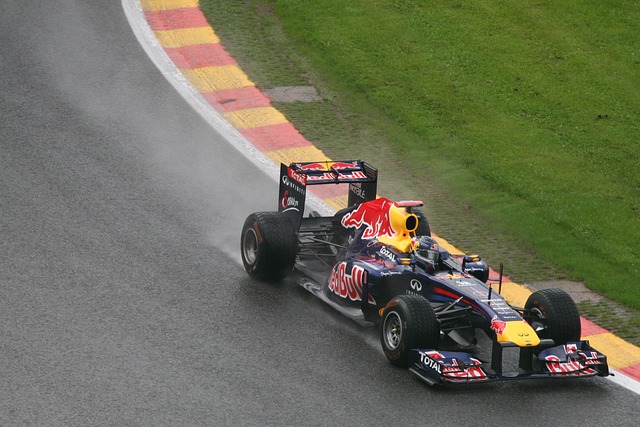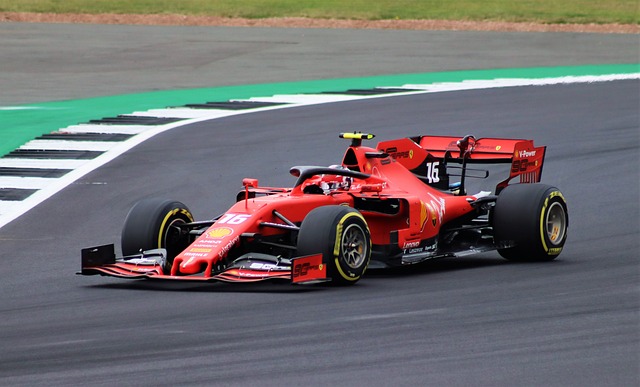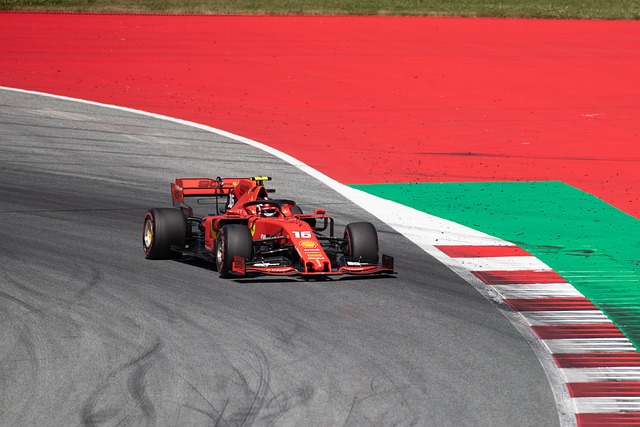Have you ever wondered how the hell betting really works? I’m not talking about that bar chatter, you know? I’m talking about numbers, probabilities, and that pinch of madness that transforms an improbability into a screaming win.
Once upon a time, all you had to do was walk into a smoky pub to place a bet. Today? Well, today you can bet online. But behind those clicks and those flashing numbers, there’s a whole world. A universe of mathematics, strategy and, yes, even a little magic.
From the tavern to the theory: when mathematics entered the game
Did you know that some of the greatest geniuses of mathematics had a hand in it? Take Blaise Pascal, for example.
In 1654, Pascal began exchanging letters with Pierre de Fermat. They didn’t talk about women or wine, but about dice and probability. Without wanting to, they were laying the foundations of probability theory.
But the story doesn’t end there. Along comes a certain Andrey Kolmogorov in the 20th century and probability theory becomes a serious branch of mathematics. All of this has its roots in those games of chance that drove nobles crazy centuries ago.
The heist of the century: when mathematics beats the bank

Do you know MIT? That university where geniuses study? Well, in 1979 a group of students decided to apply mathematics to blackjack. And not for fun.
Led by Bill Kaplan, these guys formed the MIT Blackjack Team. Their secret weapon? Card counting. They were strategists, budding mathematicians who turned the game into an exact science.
For nearly two decades, the team raided casinos around the world. Winnings? Millions of dollars. It was all legal. They were just using their brains better than anyone else.
The Computer Age: When Algorithms Took Over
Edward Thorp wanted to beat roulette. In 1961, Thorp built the first wearable computer. Picture the scene: a guy with strange glasses who seems to be talking to himself in a casino. In reality, he was using a hidden computer to predict where the roulette ball would land.
But the real revolution came with the Internet. Suddenly, anyone could access data, statistics, algorithms. Sports betting? Transformed forever. Today, there are algorithms that analyze thousands of variables to predict the outcomes of games.
The Gambler’s Paradox: When Math Tricks You

Have you ever heard of the gambler’s paradox? It’s that thing where, after a series of reds at roulette, you think that black must come up.
Spoiler: it’s bullshit. Each roll is independent. This error in reasoning has ruined more gamblers than you can imagine. And we’re not talking about naive people. In 1913, at the Monte Carlo casino, there was a series of 26 consecutive blacks. People went crazy, betting fortunes on red. They lost everything.
The Future of Gambling: Artificial Intelligence and Beyond
In 2017, an AI called Libratus beat the best poker players in the world. We’re not talking about a strategy game like chess. No, we’re talking about poker, where bluffing and psychology are everything. And a computer beat humans.
There are companies that are developing AI to predict sports results with unprecedented accuracy. We are talking about analyzing not only statistics, but also the emotions of the players, the weather conditions, even the tweets of the fans.
